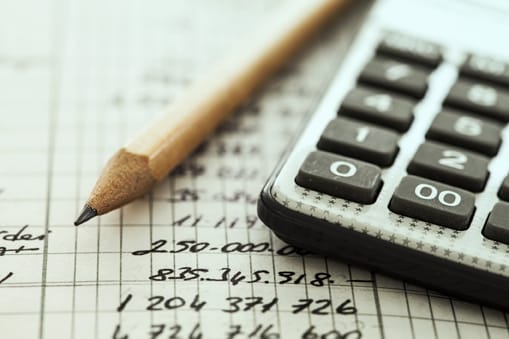It’s easy to say that, as an accountant, Mr Khan should have known better; but, on any analysis, getting an enormous income tax bill when you haven’t really received anything is tough.
Three people who jointly owned a company wanted to go their separate ways. Reading between the lines, it appears that an orderly wind-down of the business and liquidation of the company would have taken longer than the owners wanted to wait, so they came up with a plan to have the company buy back most of the shares for £1.8m (the money would come from an invoice discounting facility) following which Mr Khan (who knew the company well, having prepared management accounts for it for many years) would buy the remaining few shares for around £35,000. He would then deal with closing down the business and winding the company up, hoping (one assumes) that his endeavours would yield him a modest profit.
However, for reasons connected with the perceived tax position of the owners, the original plan was reversed. Plan B, which was implemented, was that Mr Khan would buy all 99 of the shares from them for £1.95m, the company would immediately buy back 98 from him for the same amount, and he would be left with the single share remaining in issue. He would, as before, close the business down and take whatever profit was to be had from doing so.
Sadly, what Mr Khan had not spotted, but HMRC did, was that the repurchase of shares would be treated for tax purposes in the same way as a dividend, giving rise to a tax charge of close to £600,000. True, it would also give rise to a capital loss of £1.95m but that will have been of much less value to Mr Khan, if indeed it was of any value at all.
Before the First-tier Tribunal [2019] UKFTT 204 (TC) Mr Khan’s main argument was that the whole exercise should be treated as a trading transaction; he had laid out £1.95m, had so far received £1.95m and hoped to receive a bit more (on which he would be more than happy to pay income tax) when the business was closed and the company liquidated. The FTT disagreed: this, although not a long-term investment, was an investment nonetheless and not a trading transaction.
Before the Upper Tribunal, Mr Khan pressed what had been his subsidiary argument before the FTT, namely that the transactions should be analysed by reference to their economic effect: both the payment and the receipt of £1.95m should be ignored and he should simply be regarded as having acquired a single share in the company. On this analysis, the distribution constituted by the purchase of the shares should be regarded as having been made to the sellers and should be taxed on them.
Again, Mr Khan failed. The clear facts were that (a) the company had made a distribution in buying back the shares and (b) the person who had owned the shares before they were bought back and who had received the distribution was Mr Khan.
As the Upper Tribunal put it: ‘HMRC accept that the appellant might be in an unfortunate position; but, as they also point out, that is not relevant to the tax treatment of the transactions he entered into. He is to be taxed in accordance with the transactions that he did enter into and not by reference to the transactions that he was about to enter into (but did not) even if they might have left him in the same economic position.’
Moral: don’t change your plans without checking the tax effect, even if (or perhaps especially if) you are an accountant.
For more information, please get in touch with your usual BKL contact or use our enquiry form.
Above all, stay safe and well.
This article was republished in Tax Journal Issue 1495 and is also available on the Tax Journal website.
